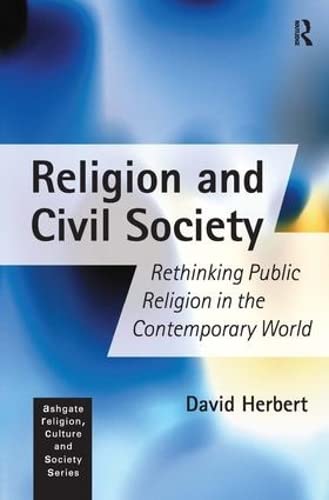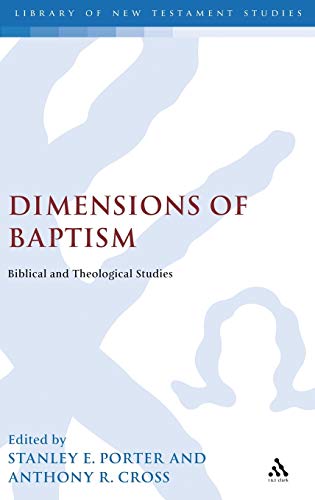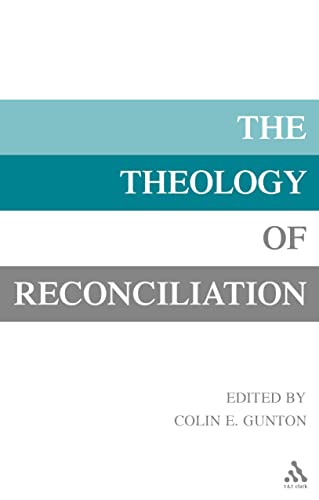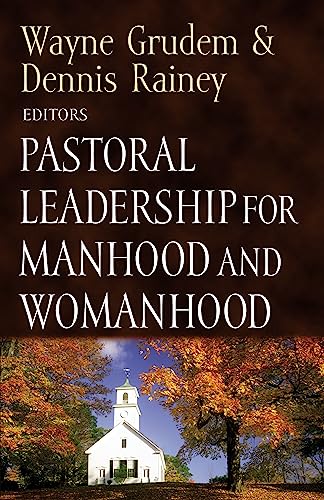RELIGION AND CIVIL SOCIETY—RETHINKING PUBLIC RELIGION IN THE CONTEMPORARY WORLD
Written by David Herbert Reviewed By David SmithThis major study consists of two sections, the first of which surveys competing theories regarding the relationship between religion and modernity, while the second offers a series of extended case studies of the interaction between religion and politics in contemporary Britain, Poland, Bosnia and Egypt. The book ends with a brief summary of the author’s conclusions which are encapsulated in the final sentence: ‘Public religion is here to stay’ and we must find ways to imagine ‘principled lives we can practically lead together’.
The conclusion makes it clear that David Herbert rejects the classic theory of secularisation according to which the decline of religion and its banishment to the margins of society and culture is an inevitable, even if regrettable, outcome of the process of modernisation. This theory, for so long regnant within the discipline of the sociology of religion and profoundly influential when it came to be widely treated as a non-controversial description of social reality, has been increasingly suspect as empirical evidence of the vitality of religion in modernising contexts has raised doubts concerning it. Herbert’s first five chapters involves rethinking the received assumptions in this area, so that the relationship between religion and modernity, the nature of secularisation, civil society and the public sphere, and the notion of human rights as conceived in the Western, liberal tradition are all subjected to serious critical scrutiny.
It must be said that this book is not an easy read: 322 pages of small print involving detailed argument based on careful studies in sociology, politics, philosophy and religion requires sustained attention and (for this reviewer) frequent re-reading. At the same time, Herbert’s work is of considerable interest and importance since it addresses many of the most urgent and difficult issues arising in a globalised world. The danger of serious misunderstandings arising from cultural differences, so well described here, have increased with the events we are now witnessing in the Middle East. Herbert’s detailed case studies of the role of religion in different contemporary social contexts are illuminating and valuable, and they provide solid empirical support for the major task of revision in sociological understanding that lies at the heart of this work.
David Herbert’s book is a significant contribution to modern social scientific studies and it should be read and pondered by all who are concerned to understand the contemporary world at a time when we hear warning of a ‘clash of civilisations’. Although this work ranges across a wide spectrum of different societies and cultures it also contains significant insights concerning those Western nations within which an irreversible movement of secularisation has long been taken as a given. For example, the discussion of secularisation includes the interesting observation that advanced industrial societies appear to reach a stage at which ‘increases in material wealth no longer convert to perceptions of an increase in quality of life’. As a result it is possible to trace a transition from the preoccupation with maximising economic growth to a growing concern about the need to increase the quality of life. One obvious evidence of this is to be found in the renewed quest for a spiritual dimension to life, a quest which (ominously for the churches) is accompanied by alienation for inherited authority structures which are perceived as tainted with an increasingly discredited secular modernity.
Clearly, Herbert’s work is not only a major contribution to contemporary sociological and political debate, but also provides a valuable resource for theologians and missiologists striving to understand the complexities of the social and cultural context within which Christians seek to share faith today.
David Smith
David Smith
Covenant Fellowship Associate Reformed Presbyterian Church
Greensboro, North Carolina, USA






